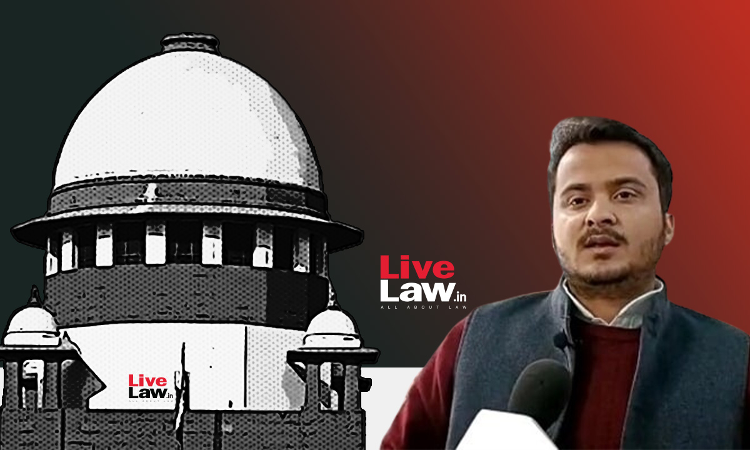Azam Khan's Son Disqualification Challenge:Supreme Court Reserves Judgement
Awstika Das
20 Sept 2022 7:35 PM IST

Next Story
20 Sept 2022 7:35 PM IST
A Division Bench of the Supreme Court of India on Tuesday reserved the judgement in a challenge against a decision of the Allahabad High Court to disqualify Rampur MLA Mohd. Abdullah Azam Khan for allegedly not having attained the age of 25 years on the date of the election as prescribed in Article 173(b) of the Constitution. In 2019, the Allahabad High Court struck a major blow to...
